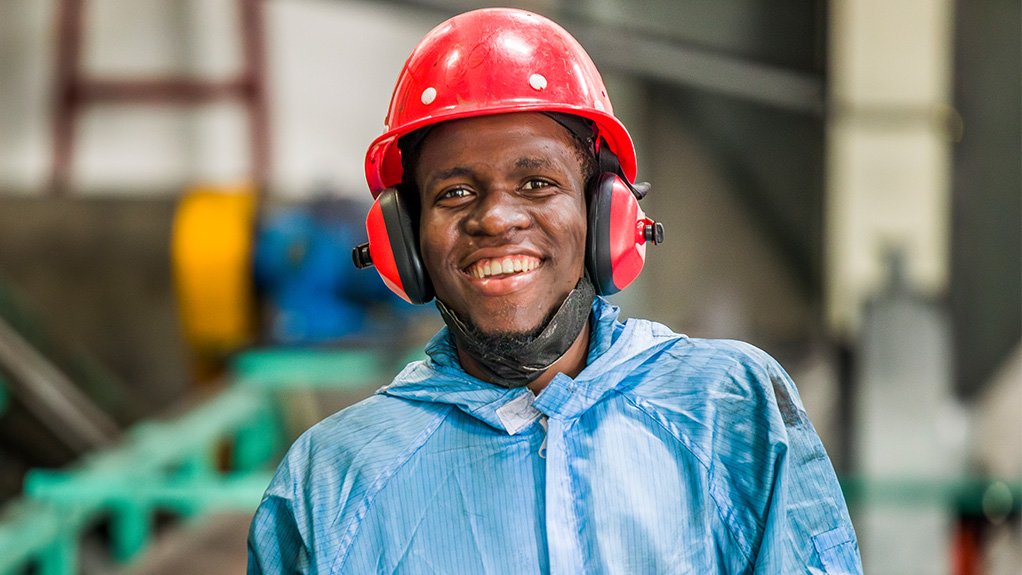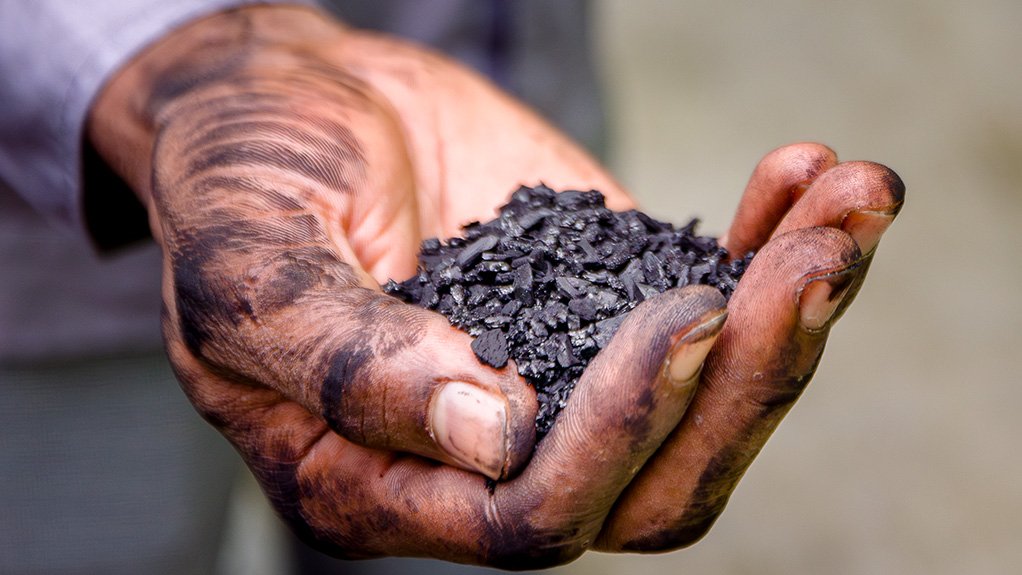Coconut shells go for gold



MAKING A DIFFERENCE Panthera procures the raw coconut shell by purchasing discarded shells from farmers and families across the Eastern African coast
Photo by © 2023 Simon Hyde - www.simonhyde.co.uk
PROMOTING SUSTAINABILITY Panthera re-uses energy emitted during the carbonisation process to make its production near-zero emissions
Photo by © 2023 Simon Hyde - www.simonhyde.co.uk
Environmentally responsible carbon manufacturer Panthera Carbon Global has uplifted many African communities through buying discarded coconut shells, which it repurposes into activated carbon that is used in the beneficiation of gold.
Activated carbon is used in gold processing during the cyanide leaching process to increase gold recovery rates.
Panthera CEO Charlie Grime is expecting demand for coconut-shell activated carbon to increase in Africa, owing to the prevalence of gold mining in countries such as Ghana and South Africa, and an increasing focus on sustainability and factors associated with the environment, social impact and governance.
He deems activated carbon made from coconut shells “superior” for gold beneficiation, owing to carbon’s high adsorption capacity, low ash content, consistent quality and its being ecofriendly.
The coconut-shell carbon can effectively extract higher amounts of gold during the typical cyanide leaching process and ensures the same level of performance every time it is used, which impacts positively on a company’s revenue.
The carbon is also more resistant to abrasion and can withstand the harsh conditions of the gold beneficiation process while producing less waste and acting as a more renewable resource than activated carbon produced from coal.
“Activated carbon is an essential component of the gold mining process and the use of sustainable and renewable resources, such as coconut shells, can reduce the environmental impact of gold mining.
“It is intended that Panthera's coconut-shell activated carbon will pave the way for more research towards sustainable gold mining,” says Grime.
He argues that sustainability in gold mining extends beyond the use of activated carbon, naming factors such as responsible mining practices and proper waste management, as consideration.
Panthera started research on creating a sustainable source of activated carbon in 2020 and determined that the African gold mining industry is prime for a local, coconut-shell based activated carbon product, in light of East Africa’s large production of coconut shells and Africa’s large concentration of gold mines.
The company procures the raw material by buying discarded shells from farmers and families along the East Africa coast.
“Over the last year, our farmers and village coconut shell collectors, many of whom are women, have created their own businesses to allow for the collection of discarded coconut shells from their communities, enabling families to have the monetary equivalent of an extra meal each day,” enthuses Grime.
Moreover, while the traditional methods of activated carbon manufacturing can have a negative environmental impact, owing to the release of pollutants during the carbonisation stage, he assures that Panthera’s modern manufacturing plant mitigates those environmental impacts.
Panthera uses the energy emitted from the coconut shell during the carbonisation and activation process to power its manufacturing plant in Mombasa, Kenya, thereby producing almost no emissions in the production process.
“Our sustainable manufacturing processes, commitment to community empowerment, and local, end to end production in Kenya set us apart from other coconut-shell activated carbon manufacturers and are indeed a first in the African market.
“We are working with African gold mining companies in shaping their sustainability stories, and their purchase of Panthera’s carbon not only improves efficiencies but also assists local Kenyan communities,” he says.
Activated carbon can also be re-activated and reused multiple times – it can, therefore, be a cost-effective and sustainable option for gold recovery.
Used activated carbon can also be disposed of in an ecofriendly manner – using it as a soil amendment or recycling it, which reduces the overall environmental impact of the gold beneficiation processes, Grime tells Engineering News & Mining Weekly.
Overcoming Obstacles
The traditional manufacturing methods of using coconut shell carbon in gold beneficiation do present challenges.
Firstly, the quality of coconut-shell activated carbon can vary, depending on the manufacturing process, which, in turn, can affect its performance in gold recovery, making quality control during the manufacturing process necessary to ensure consistent performance.
As a result, Panthera’s engineering team uses automation where possible, and collects extensive data on all variables that might affect the quality of the end-product.
Secondly, the supply of coconut shells can be limited, which can lead to price fluctuations and supply chain disruptions. To reduce these impacts, Panthera employs an efficient and vast raw material supply process.
Coconut-shell-based activated carbon can also be used in various other applications, including water treatment; air and gas purification; chemicals, food and beverage manufacturing; and pharmaceuticals.
“Our primary aim is to encourage more sustainable gold mining practices and promote responsible mining methods by embracing social responsibility, ethical sourcing and giving back to communities,” Grime concludes.
Comments
Announcements
What's On
Subscribe to improve your user experience...
Option 1 (equivalent of R125 a month):
Receive a weekly copy of Creamer Media's Engineering News & Mining Weekly magazine
(print copy for those in South Africa and e-magazine for those outside of South Africa)
Receive daily email newsletters
Access to full search results
Access archive of magazine back copies
Access to Projects in Progress
Access to ONE Research Report of your choice in PDF format
Option 2 (equivalent of R375 a month):
All benefits from Option 1
PLUS
Access to Creamer Media's Research Channel Africa for ALL Research Reports, in PDF format, on various industrial and mining sectors
including Electricity; Water; Energy Transition; Hydrogen; Roads, Rail and Ports; Coal; Gold; Platinum; Battery Metals; etc.
Already a subscriber?
Forgotten your password?
Receive weekly copy of Creamer Media's Engineering News & Mining Weekly magazine (print copy for those in South Africa and e-magazine for those outside of South Africa)
➕
Recieve daily email newsletters
➕
Access to full search results
➕
Access archive of magazine back copies
➕
Access to Projects in Progress
➕
Access to ONE Research Report of your choice in PDF format
RESEARCH CHANNEL AFRICA
R4500 (equivalent of R375 a month)
SUBSCRIBEAll benefits from Option 1
➕
Access to Creamer Media's Research Channel Africa for ALL Research Reports on various industrial and mining sectors, in PDF format, including on:
Electricity
➕
Water
➕
Energy Transition
➕
Hydrogen
➕
Roads, Rail and Ports
➕
Coal
➕
Gold
➕
Platinum
➕
Battery Metals
➕
etc.
Receive all benefits from Option 1 or Option 2 delivered to numerous people at your company
➕
Multiple User names and Passwords for simultaneous log-ins
➕
Intranet integration access to all in your organisation


















